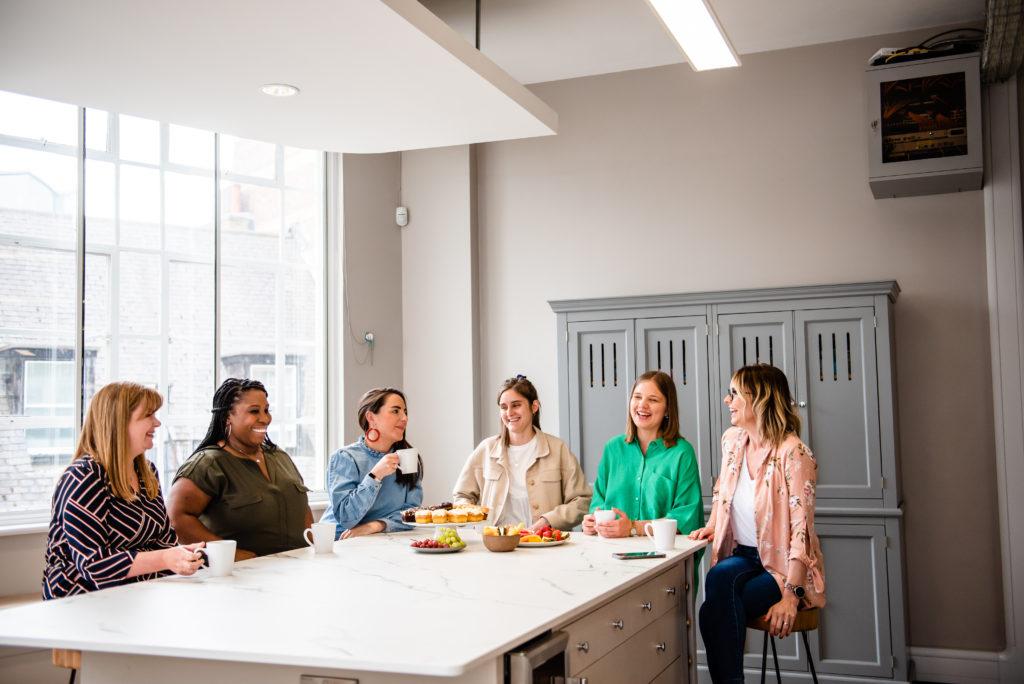TikTok as a platform for Health Care Professionals?
2nd December 2022
Written by HRS Communications


TikTok was created by a Chinese tech giant in 2016 under a different name and rose to fame in 2018 after merging with musically, an app where people shared 15 second voiceover and lip-syncing videos to music. Since its launch, the app has evolved from lip syncing and music content into a platform for sharing short-form video content of any kind. TikTok is well known for offering a plethora of “life hacks” or other advice, with its search option allowing users to look for content around any topic imaginable. Short-form content is not a new phenomenon, but its popularity is rapidly rising in the younger generations, with all major social media apps now offering platforms for short video content.
Why are HCPs taking to TikTok?
With the popularity of TikTok it’s not surprising that influencers and businesses have taken advantage of the opportunity to reach the vast audiences, and many health care professionals are now taking to the app also. Over 3 million healthcare professionals already utilise social media platforms, but why might TikTok be particularly popular?
TikTok allows for direct communication between creators and viewers, and while this is seen in other apps in the form of comments, TikTok allows users to “stitch” and “duet” their video with that of another user, which increases engagement and user participation. The interface has a high ease-of-use, encouraging those with no content creation experience to get involved. Short form content feels less rehearsed and planned than long-form content like YouTube videos, giving a sense of relatability and authenticity to content. Finally, many users find short-form educational content easier to process and digest, as proved by the plethora of educational resources available on the app.
TikTok has an incredibly tight demographic, with many over 30s largely unaware of its existence. This provides HCPs a unique opportunity to target advice to the younger generation. A recent study showed a third of under 25s use the app as their first port of call for medical information. The dangers of this are clear as, as with any social media, the ability for information to be shared to millions of people by anyone, at any time, invites the spread of misinformation. The “stitch” and “duet” features are commonly being used by medical professionals to debunk advice posted by other users. The freedom provided by the app allows for insightful discussion and debate.
Is it time for all HCPs to join the TikTok revolution?

